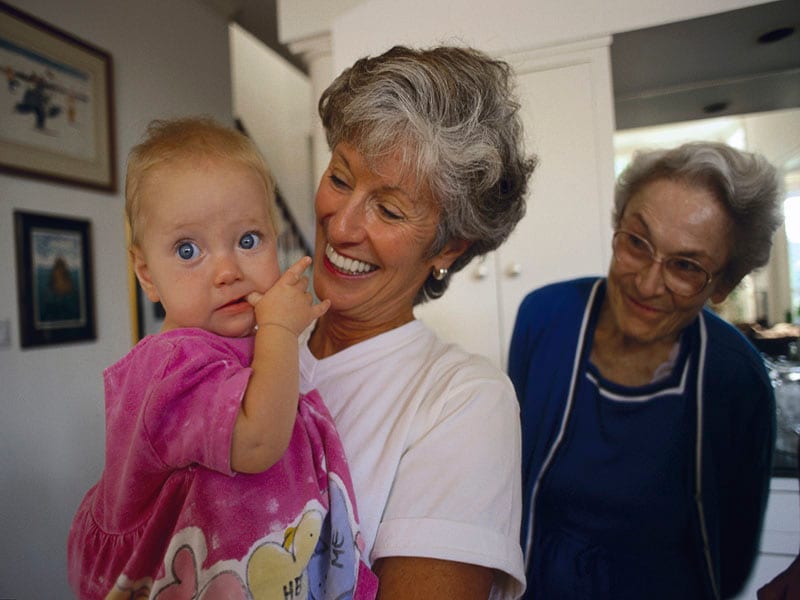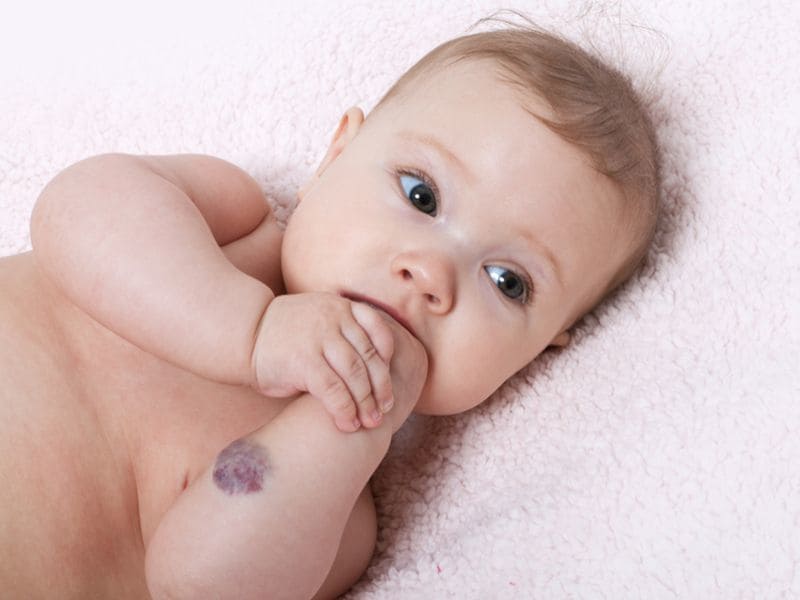
More than 3 million older Americans are now raising their grandchildren as their own, even as they struggle with health problems and financial stresses, a new survey shows. Not only that, the children they take in are more likely to be troubled as they struggle to adjust to new lives, the researchers found. Still, these… read on >






























